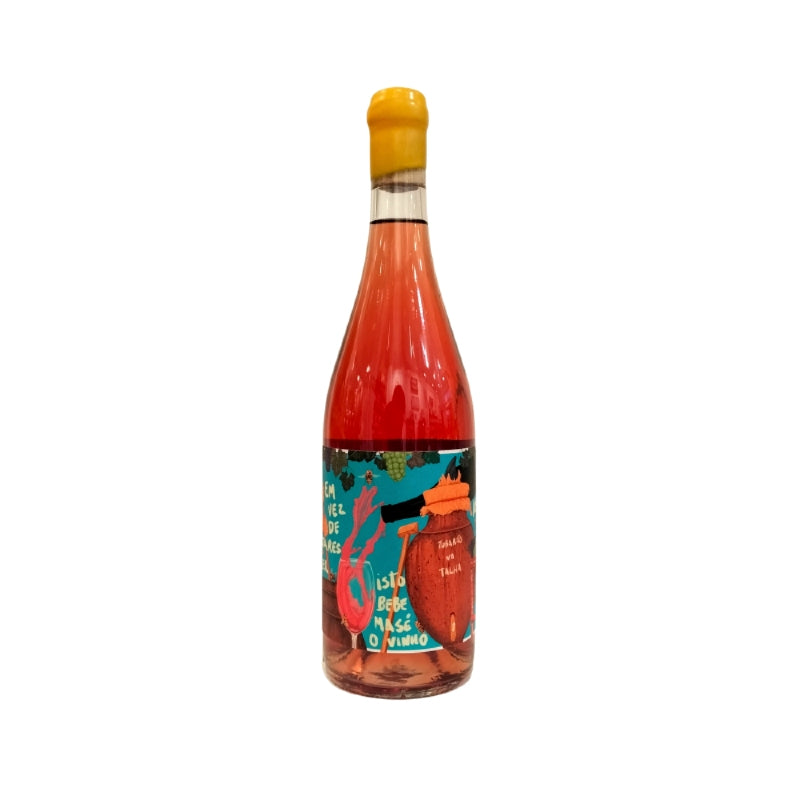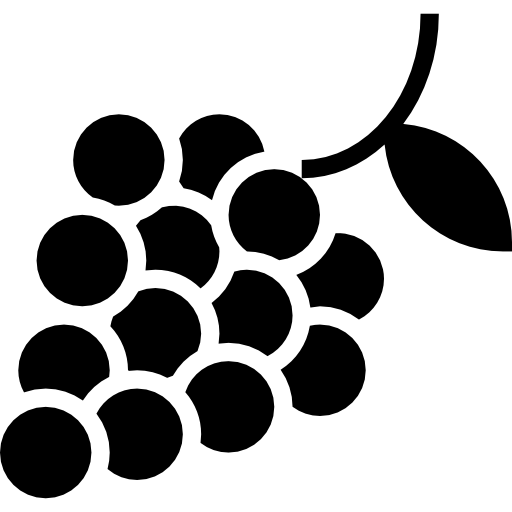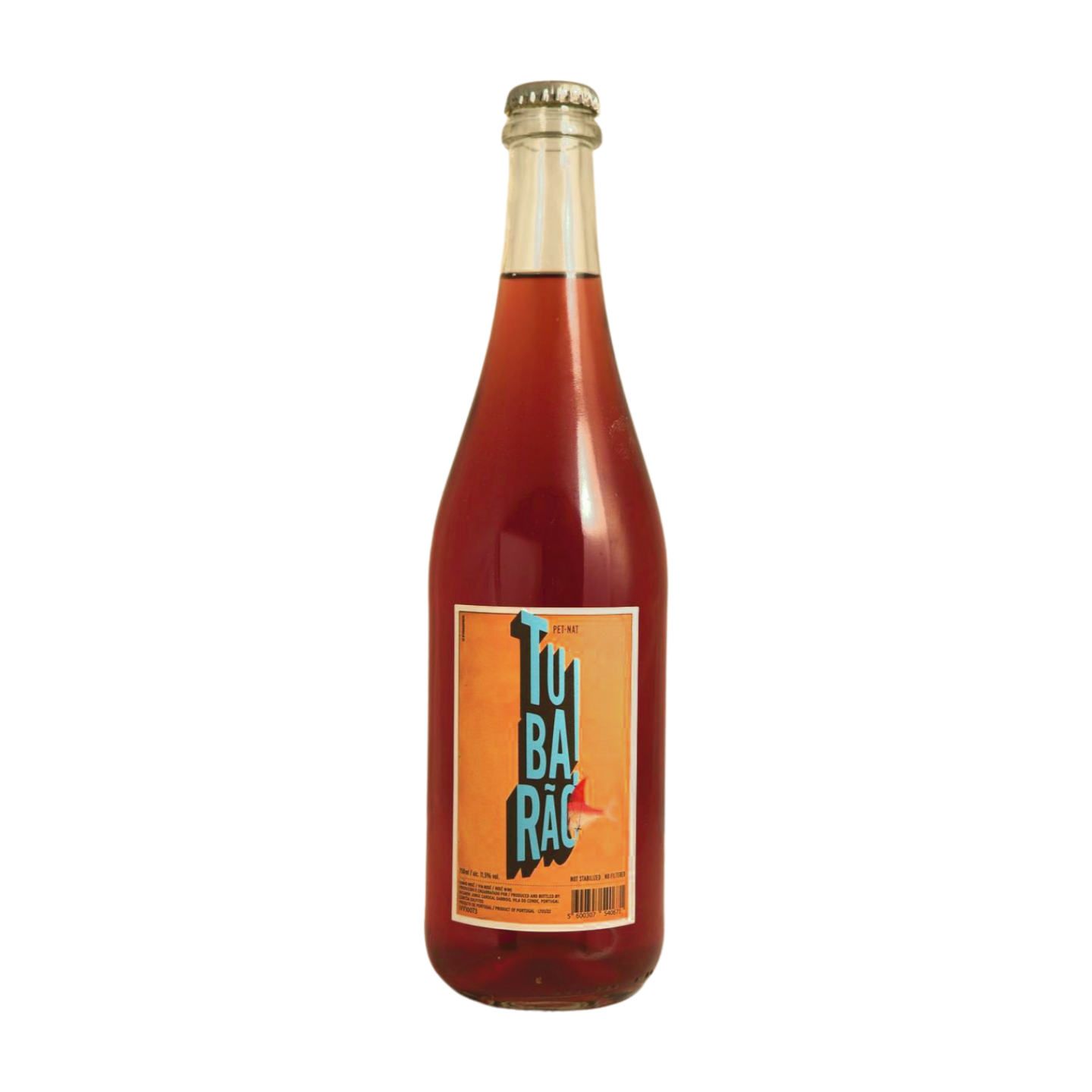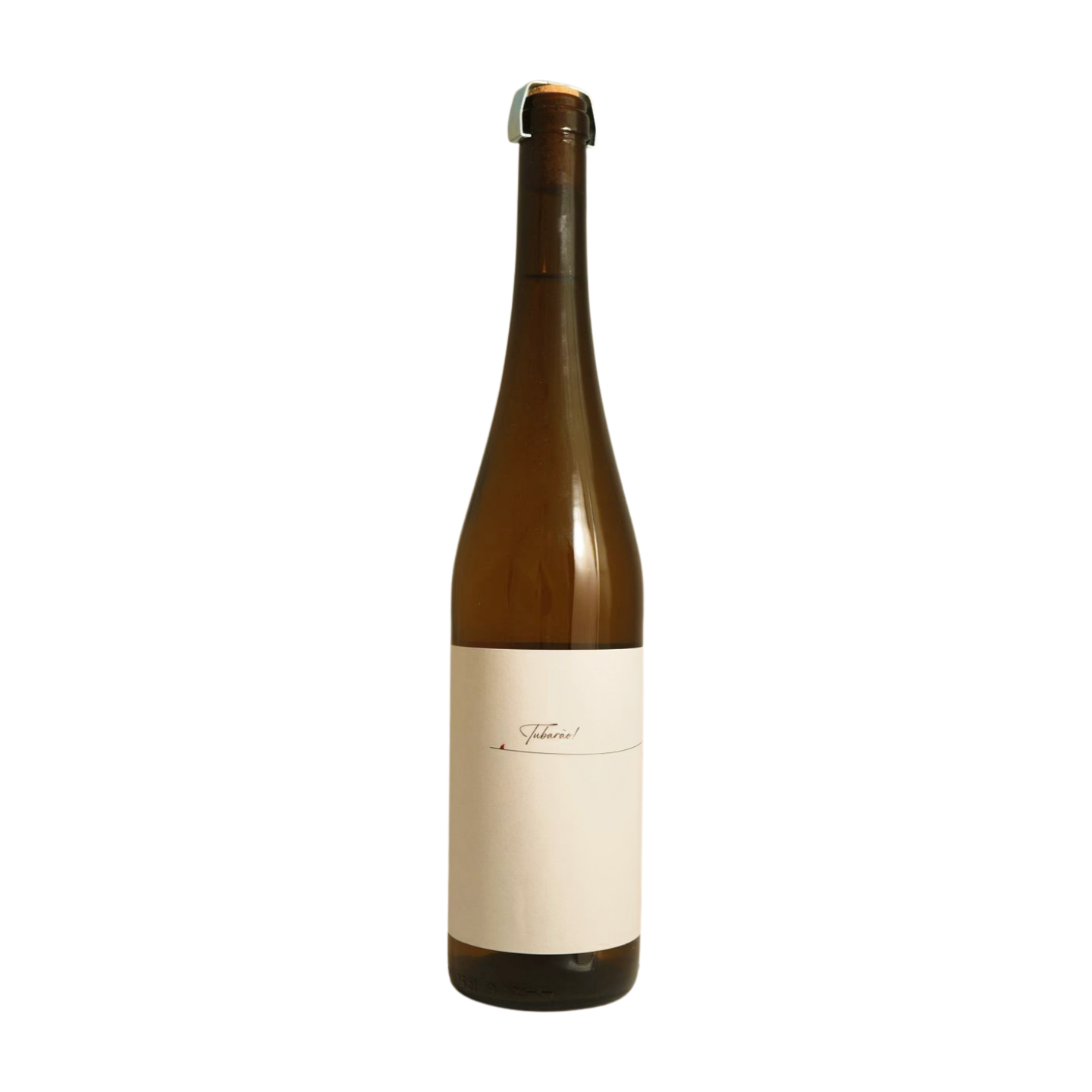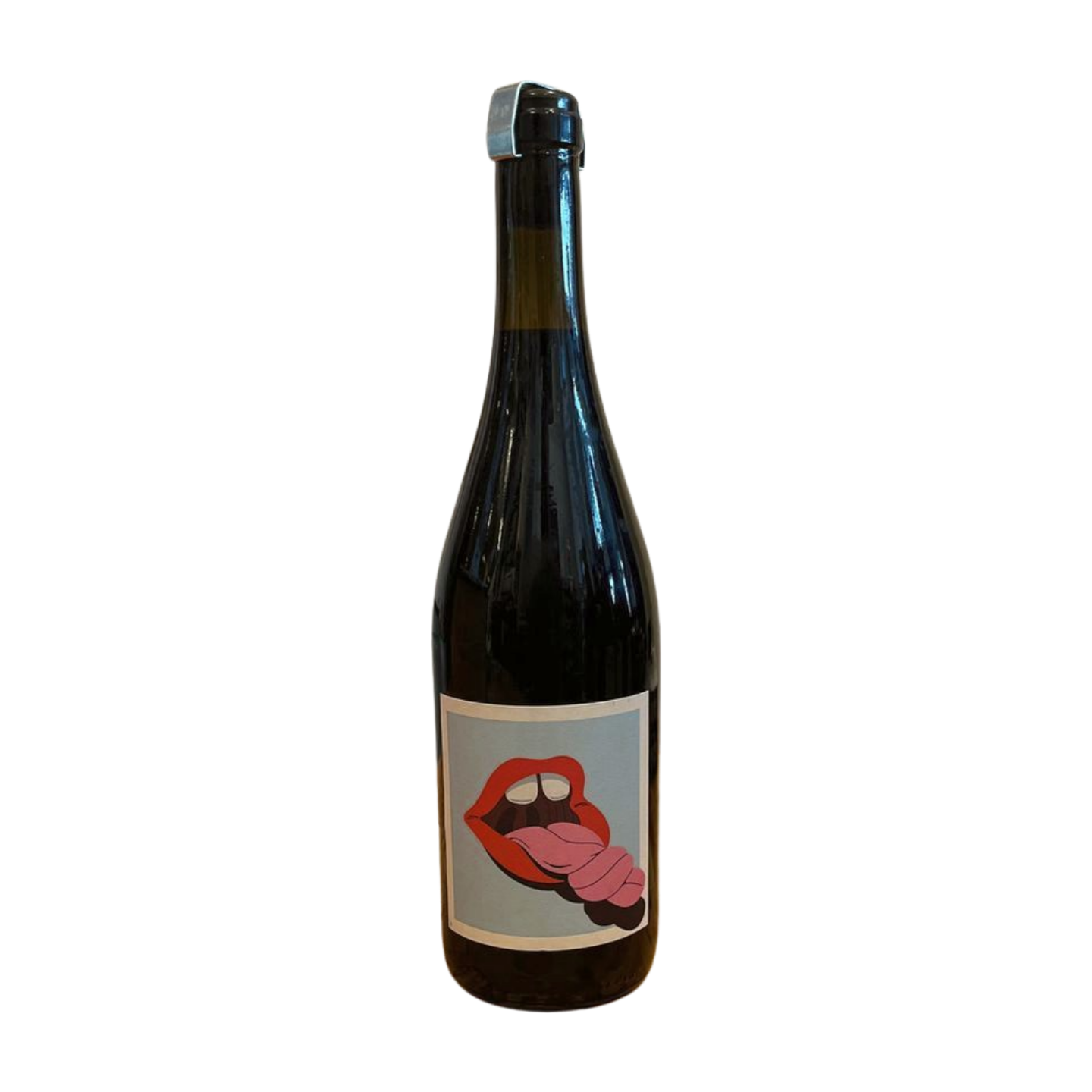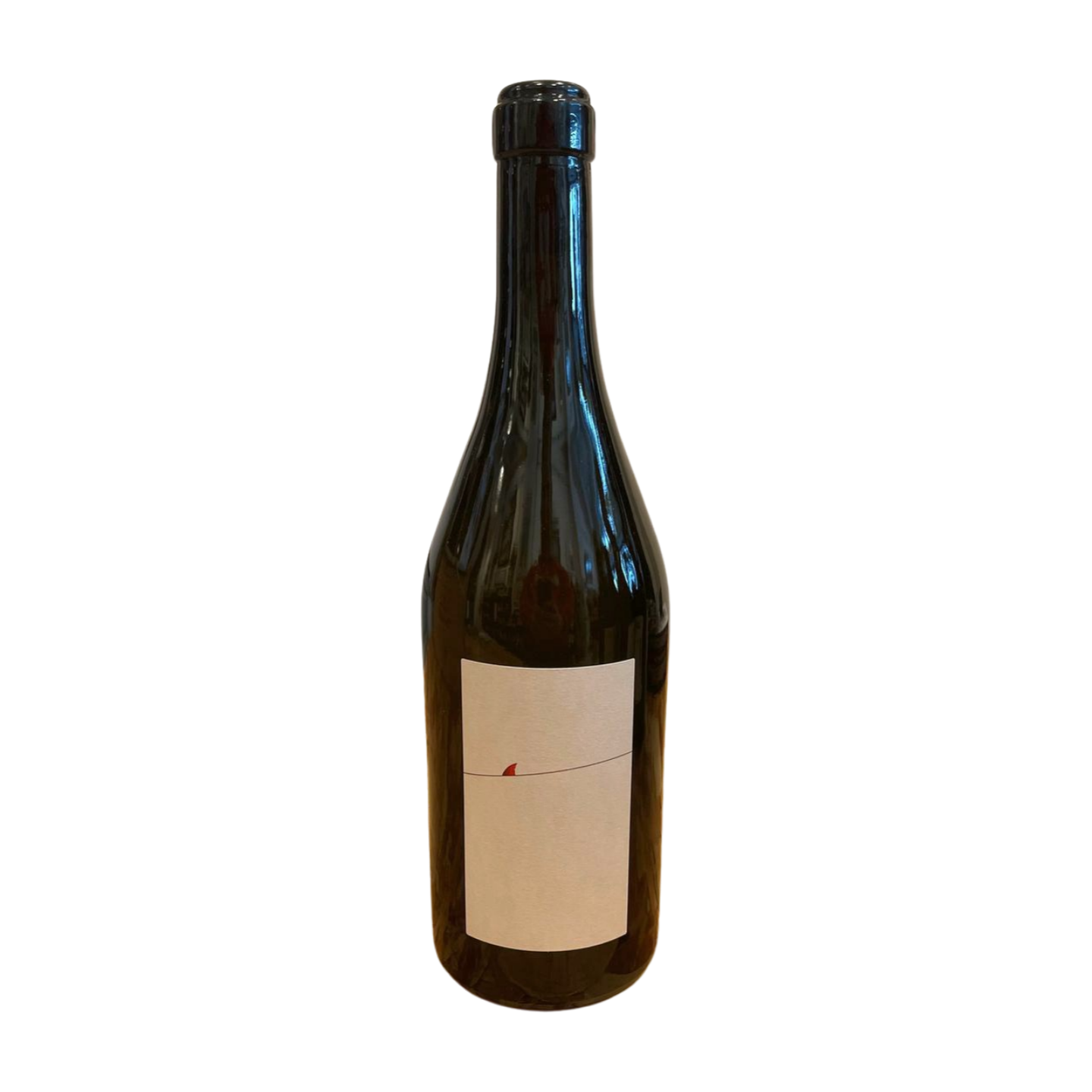A unique, collaborative project between Tubarão, known for its low-intervention approach, and Gerações da Talha, a dedicated exponent of the ancient vinho de talha tradition in Alentejo.
This wine is a contemporary expression of the traditional Alentejo "Palhete" or "Petroleiro" style, which involves the co-fermentation of white and red grape varieties. The blend draws from a field mix of native grapes, specifically Antão Vaz, Boal de Alicante, and Arinto for the white component, combined with the red varieties Alfrocheiro, Tinta Grossa, and Trincadeira. The grapes are harvested early to preserve vital freshness and acidity.
In terms of production, the winemaking adheres to the ancestral Roman method. The grapes are crushed and fermented in large, unlined clay amphorae (talhas) without modern temperature control. This technique inherently involves extended skin contact between the must and the solids, which is fundamental to the wine's resulting colour and phenolic structure. Fermentation occurs spontaneously using indigenous yeasts, and there is a conscious decision to avoid artificial filtration or stabilization. Consequently, the wine is bottled naturally, and a slight natural deposit (depósito) may form, underscoring the minimal intervention philosophy.
This traditional yet complex production results in an intensely gastronomic wine. It presents with a colour often described as a light ruby or a deep, rosy hue, reflecting the inclusion of red grapes. The palate is defined by its great complexity and a persistent, vibrant acidity that offers remarkable tension and freshness. The textural weight derived from the extended skin contact provides structure. At the same time, the overall profile balances this density with a refreshing quality, making it a highly articulate example of a modern Portuguese Palhete made with two-thousand-year-old methods.
